
Since Calipari arrived in Lexington in 2009, his modus operandi has been simple: get talent. Most often, that means he's gobbling up high school recruits, bringing in number one class after number one class, leaving scraps for the rest of the coaches to glean. It's proven effective, and might have changed the landscape of college basketball, but young talent alone, for all its merits, can't win a championship. If you look at Cal's best Kentucky teams, they all have one thing in common: veterans. Ridiculous freshmen are good, but they need that level head to keep them focused and down-to-earth if they expect to win significantly.
But with this nebulous concept of "veteran leadership," you have to wonder,
is all experience created equally? And how will that affect next year's team?
Last year's team had a championship-winner in Kyle Wiltjer, but almost no one else with any Kentucky experience on the floor at any given time. The starters were all first-year Wildcats, and the results, unfortunately, showed.
The 2012 championship team, meanwhile, had a trio of leaders, Doron Lamb, Terrence Jones, and Darius Miller, that had been to a Final Four just the year before. They were able to lead MKG, Davis, and the rest of the freshman to a title with what seemed like minimal effort.
The two years before featured Patrick Patterson, Josh Harrellson, and Deandre Liggins. Patterson, interestingly, had never played in an NCAA Tournament game before his junior year, where he sacrificed playing time and shots to help John Wall and Co. to an Elite 8. Harrellson, Liggins, and Miller were part of the famously infuriating 2011 team that struggled mightily in the regular season only to surprise everyone with a Final Four.
So what does all this tell us?
Last year tells us that you HAVE to have veterans. But do they have to have significant tourney success? The 2012 team that won a title was certainly helped by Jones, Lamb, and Miller. But Wall's 2010 team wouldn't have made it that far without Patterson, who had never seen a tourney floor before.
What I gather is this: veteran leadership is crucial, but only if it accepts its new role. Upperclassmen can't expect to be "the man" any more than the freshmen can. If Patterson hadn't sacrificed, his team would have paid the price. Had Miller come in and demanded to start, he probably would have. But coming off the bench paid immense dividends. The question now is how next year's vets will treat their new roles. How will Poythress, WCS, and Wiltjer handle their roles? Hopefully they'll follow Patterson's example, and be happy with fewer minutes, and a more successful team.
So no, all leadership isn't created equal, but it's not necessarily tournament success that dictates value. It's willingness to give of yourself to help your team, in a way that only the older guys know how to do.
Your move, 2014 vets.
 Since Calipari arrived in Lexington in 2009, his modus operandi has been simple: get talent. Most often, that means he's gobbling up high school recruits, bringing in number one class after number one class, leaving scraps for the rest of the coaches to glean. It's proven effective, and might have changed the landscape of college basketball, but young talent alone, for all its merits, can't win a championship. If you look at Cal's best Kentucky teams, they all have one thing in common: veterans. Ridiculous freshmen are good, but they need that level head to keep them focused and down-to-earth if they expect to win significantly.
But with this nebulous concept of "veteran leadership," you have to wonder, is all experience created equally? And how will that affect next year's team?
Last year's team had a championship-winner in Kyle Wiltjer, but almost no one else with any Kentucky experience on the floor at any given time. The starters were all first-year Wildcats, and the results, unfortunately, showed.
The 2012 championship team, meanwhile, had a trio of leaders, Doron Lamb, Terrence Jones, and Darius Miller, that had been to a Final Four just the year before. They were able to lead MKG, Davis, and the rest of the freshman to a title with what seemed like minimal effort.
The two years before featured Patrick Patterson, Josh Harrellson, and Deandre Liggins. Patterson, interestingly, had never played in an NCAA Tournament game before his junior year, where he sacrificed playing time and shots to help John Wall and Co. to an Elite 8. Harrellson, Liggins, and Miller were part of the famously infuriating 2011 team that struggled mightily in the regular season only to surprise everyone with a Final Four.
So what does all this tell us?
Last year tells us that you HAVE to have veterans. But do they have to have significant tourney success? The 2012 team that won a title was certainly helped by Jones, Lamb, and Miller. But Wall's 2010 team wouldn't have made it that far without Patterson, who had never seen a tourney floor before.
What I gather is this: veteran leadership is crucial, but only if it accepts its new role. Upperclassmen can't expect to be "the man" any more than the freshmen can. If Patterson hadn't sacrificed, his team would have paid the price. Had Miller come in and demanded to start, he probably would have. But coming off the bench paid immense dividends. The question now is how next year's vets will treat their new roles. How will Poythress, WCS, and Wiltjer handle their roles? Hopefully they'll follow Patterson's example, and be happy with fewer minutes, and a more successful team.
So no, all leadership isn't created equal, but it's not necessarily tournament success that dictates value. It's willingness to give of yourself to help your team, in a way that only the older guys know how to do.
Your move, 2014 vets.
Since Calipari arrived in Lexington in 2009, his modus operandi has been simple: get talent. Most often, that means he's gobbling up high school recruits, bringing in number one class after number one class, leaving scraps for the rest of the coaches to glean. It's proven effective, and might have changed the landscape of college basketball, but young talent alone, for all its merits, can't win a championship. If you look at Cal's best Kentucky teams, they all have one thing in common: veterans. Ridiculous freshmen are good, but they need that level head to keep them focused and down-to-earth if they expect to win significantly.
But with this nebulous concept of "veteran leadership," you have to wonder, is all experience created equally? And how will that affect next year's team?
Last year's team had a championship-winner in Kyle Wiltjer, but almost no one else with any Kentucky experience on the floor at any given time. The starters were all first-year Wildcats, and the results, unfortunately, showed.
The 2012 championship team, meanwhile, had a trio of leaders, Doron Lamb, Terrence Jones, and Darius Miller, that had been to a Final Four just the year before. They were able to lead MKG, Davis, and the rest of the freshman to a title with what seemed like minimal effort.
The two years before featured Patrick Patterson, Josh Harrellson, and Deandre Liggins. Patterson, interestingly, had never played in an NCAA Tournament game before his junior year, where he sacrificed playing time and shots to help John Wall and Co. to an Elite 8. Harrellson, Liggins, and Miller were part of the famously infuriating 2011 team that struggled mightily in the regular season only to surprise everyone with a Final Four.
So what does all this tell us?
Last year tells us that you HAVE to have veterans. But do they have to have significant tourney success? The 2012 team that won a title was certainly helped by Jones, Lamb, and Miller. But Wall's 2010 team wouldn't have made it that far without Patterson, who had never seen a tourney floor before.
What I gather is this: veteran leadership is crucial, but only if it accepts its new role. Upperclassmen can't expect to be "the man" any more than the freshmen can. If Patterson hadn't sacrificed, his team would have paid the price. Had Miller come in and demanded to start, he probably would have. But coming off the bench paid immense dividends. The question now is how next year's vets will treat their new roles. How will Poythress, WCS, and Wiltjer handle their roles? Hopefully they'll follow Patterson's example, and be happy with fewer minutes, and a more successful team.
So no, all leadership isn't created equal, but it's not necessarily tournament success that dictates value. It's willingness to give of yourself to help your team, in a way that only the older guys know how to do.
Your move, 2014 vets.
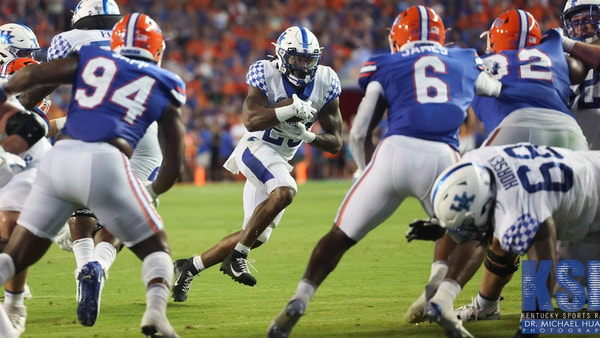
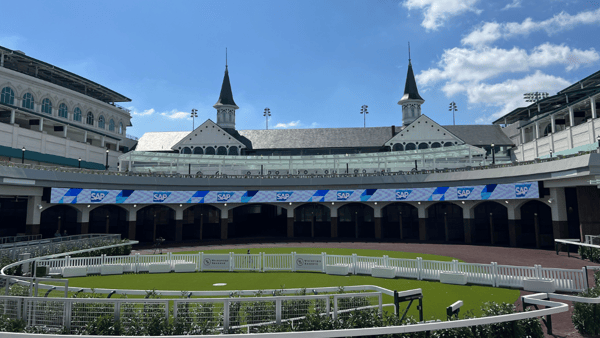
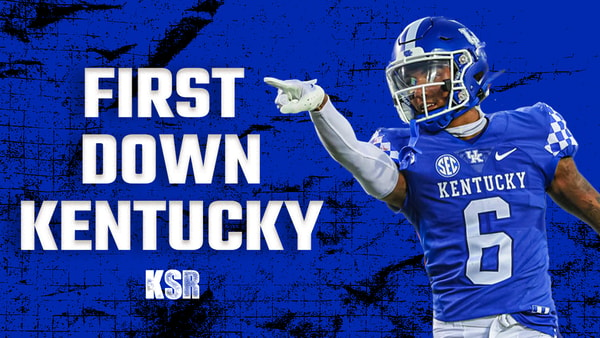
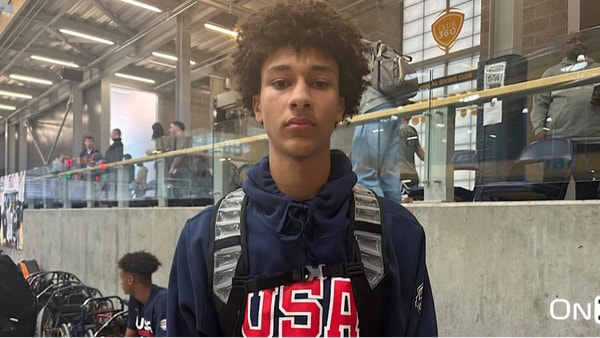
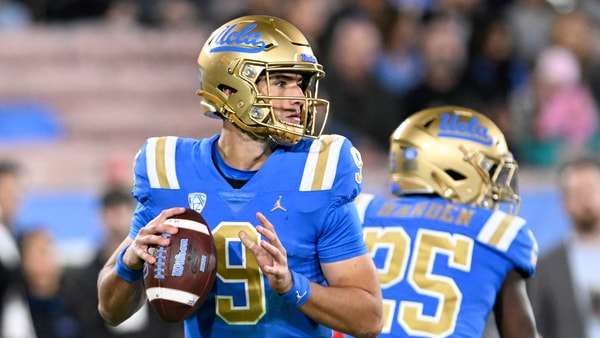
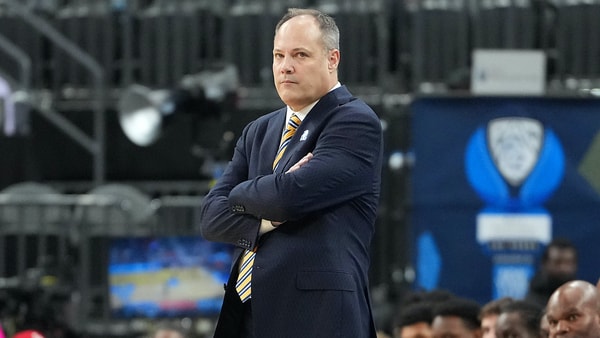
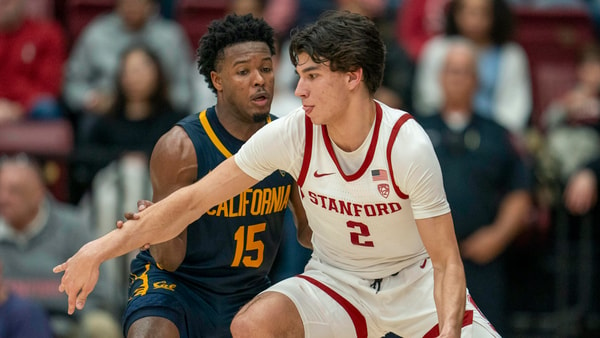
Discuss This Article
Comments have moved.
Join the conversation and talk about this article and all things Kentucky Sports in the new KSR Message Board.
KSBoard